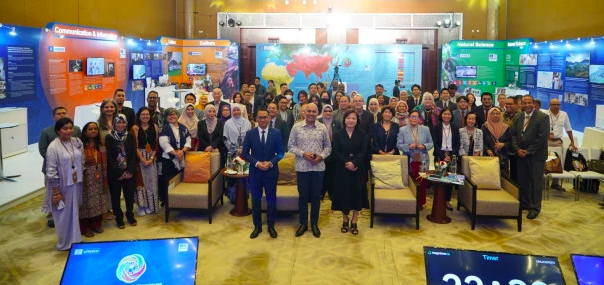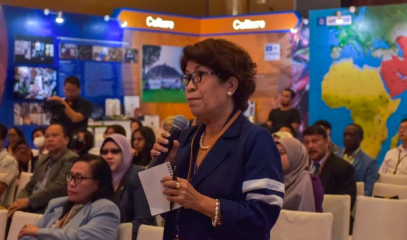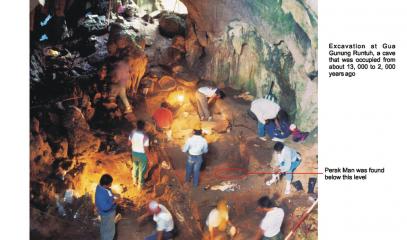Kuala Lumpur and Unesco celebrate 10 years of cooperation program
In force since 2013, the MUCP aims to promote sustainable development, preserve cultural heritage and foster knowledge and innovation.
Kuala Lumpur (AsiaNews) - "In a world where collaborations are the driving force behind sustainable development, both in the economy and in culture, the Malaysia-UNESCO Cooperation Program (MUCP) is a shining example of what can be achieved when we come together to pursue a common goal," reads a note by the United Nations Educational, Scientific and Cultural Organization (UNESCO) released following a meeting in late June in Kuala Lumpur to celebrate the first 10 years of collanboration between the international agency and the Southeast Asian country.
Malysia has been cooperating with UNESCO since 1958, but over the past decade cooperation has focused on promoting and supporting various educational, scientific and cultural activities in the archipelago's less developed localities, while also connecting Malaysia with various developing countries in Asia, the Pacific and Africa.
In fact, the MUCP serves as a platform for international collaboration with the aim of promoting sustainable development, preserving cultural heritage and fostering knowledge and innovation.
During the meeting on the theme 'Moving forward together: MUCP contributions to a sustainable future' education reform in Malaysia, waste-free management of water resources, preparing people for possible tsunamis, the future of sustainable tourism and social inclusion in the country were discussed.
Education Minister and chair of the Malaysian National Commission for UNESCO, Fadhlina Sidek, addressed the celebrations of the collaboration between the UN cultural agency and the Southeast Asian country stating: "The MUCP is a true testament to Malaysia's commitment to a sustainable future in all areas of UNESCO's work."
Marking the anniversary, a commemorative book was also presented attesting to the achievements of the MUCP in the 30 partner countries with their contributions related to specific activities carried out through the cooperation program.
Activities that in Malaysia were initiated in 2013, in the aftermath of the recognition (2012) as a World Heritage Site of the Lenggong Valley area where there are four archaeological sites dating back 2 million years, making it one of the oldest found on Earth outside the African continent. Inside are caves with Paleolithic tool workshops, evidence of early human technology.
Last May, UNESCO also granted global geopark status to the Kinabalu site in the eastern state of Sabah in Borneo.
Photo: UNESCO









.png)










